what’s the problem
dilettantism in divisive topicsPoor awareness in the areas such as Islam and migration gives rise to contradictions that divide society. Divisive topics help wannabe-autocrats to gain power and drive attention away from the topics that may be more burning. With the public debate ruled by emotions, it is evident that the policies the policy-makers develop will be neither in the best interest of us nor all kinds of them.
who we are
knowledge boutiqueWe are an independent, private non-profit based in Central Europe. We are a network of academics, journalists and practitioners. Our content is created by several correspondents who get help from over four hundred consultants spread out between Berkeley, Prague and Jakarta. Most of our work is realized pro bono. Check the 2017 Annual report here.
our correspondentswhat we want
curb impressions and opinionsOur aim is for the decisive majority of opinion-makers and the receptive public to share a common baseline of beliefs based on verified facts and solid research. We do not want to stand by politics based on a mixture of half-truths, touristic impressions and misleading inferences. We wish to support evidence-based policy-making.
what you get
thorough understandingAt Datalyrics, you will find thorough explanations of some common contradictions based on a variety of premier sources and our own investigations in a painstakingly condensed form, You can particularly rely on content marked by icon, which was further reviewed by distinguished external referees. Whether you choose to read one of the long-reads or are happy with the short Summaries of topics, your reading will take a fraction of the time it would otherwise take to learn some information with the same accuracy.
Does it work? Is it balderdash? Have we neglected some problem or your concern?
fix our wagonour correspondents
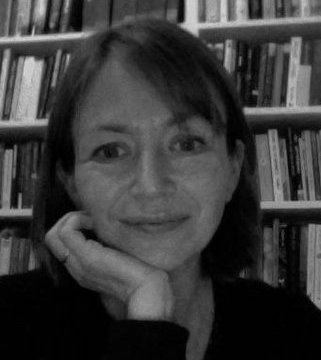
Celia Donert is a historian of the twentieth century at the University of Liverpool. Her work regularly appears in publications by Cambridge University Press.
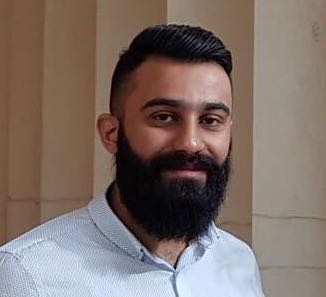
Arez Hussen works with victims of gender-based violence in the vicinity of the territory occupied by ISIS. Previously, he was the editor-in-chief of the first independent newspaper in Iraq.
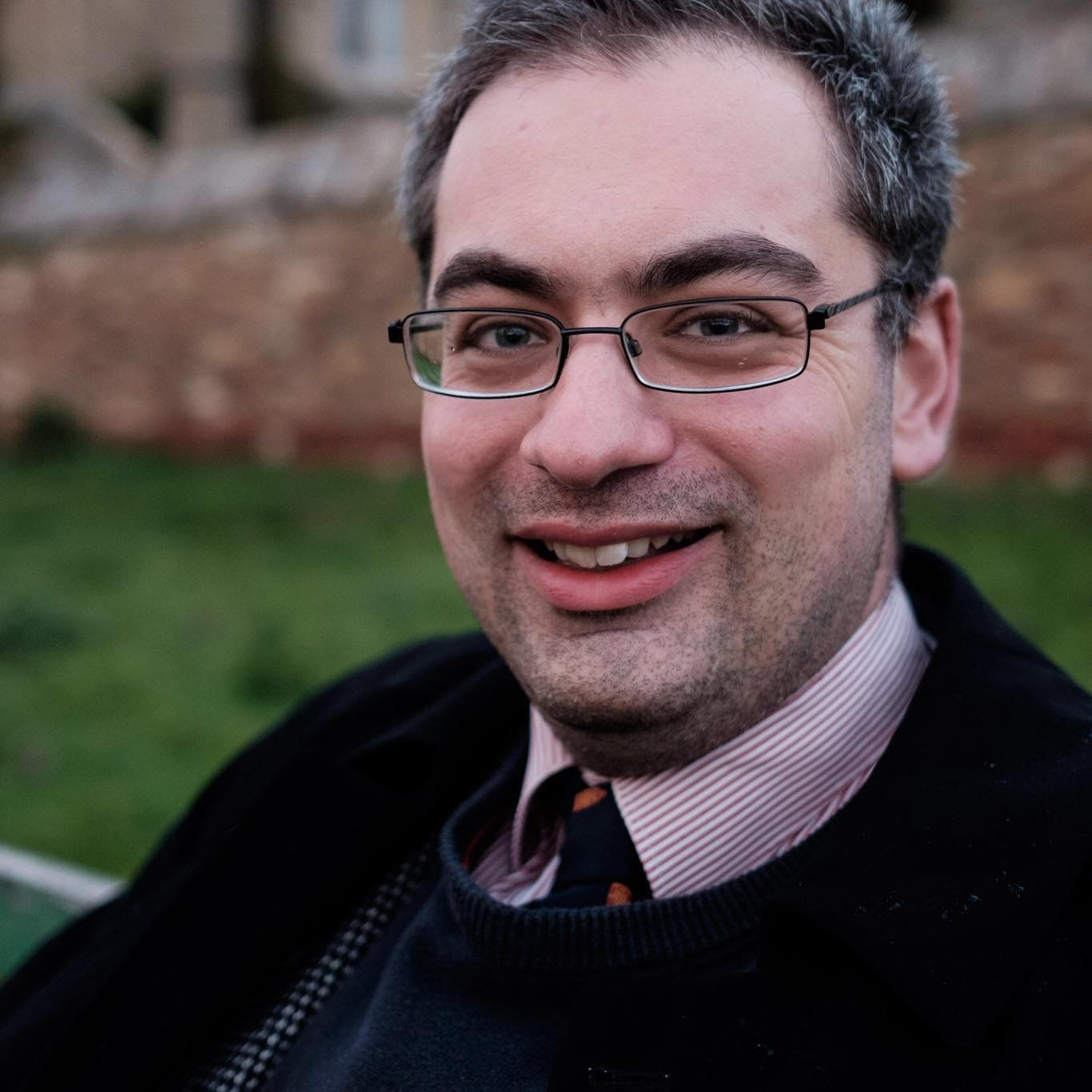
Alexander Faludy is an Anglican priest, curiously known as the youngest student admitted to the University of Cambridge since 1773. There and at the University of Oxford, he studied theology.
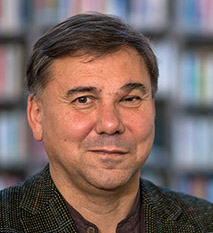
Ivan Krastev is a permanent fellow of the Institute for Human Sciences in Vienna. Originally a Bulgarian political scientist, he has held fellowships at renowned universities around the world. He writes a monthly commentary for The New York Times.
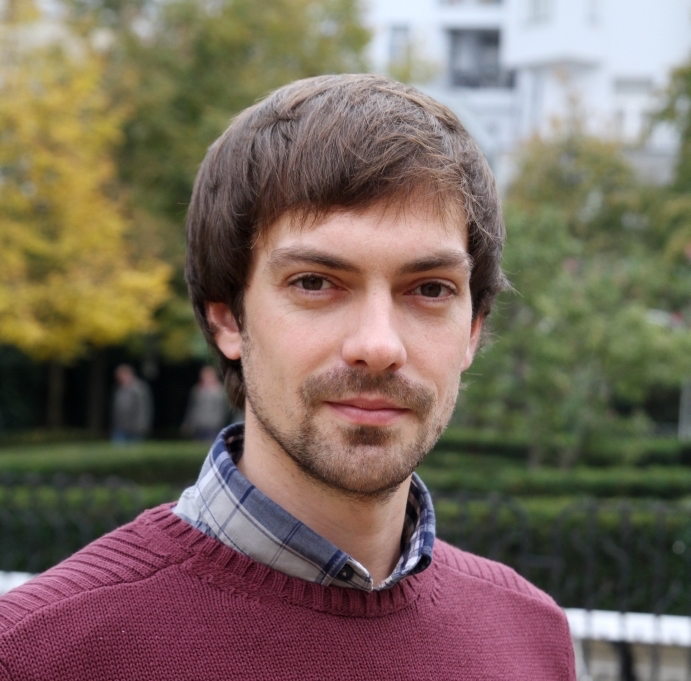
Jaromír Mazák focuses on social movements as a lecturer and researcher at the Charles University.
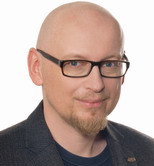
Martin Paleček applies himself to philosophy and social sciences at the University of Hradec Králové. A former Fulbright Fellow, he studied at the University of Cambridge.
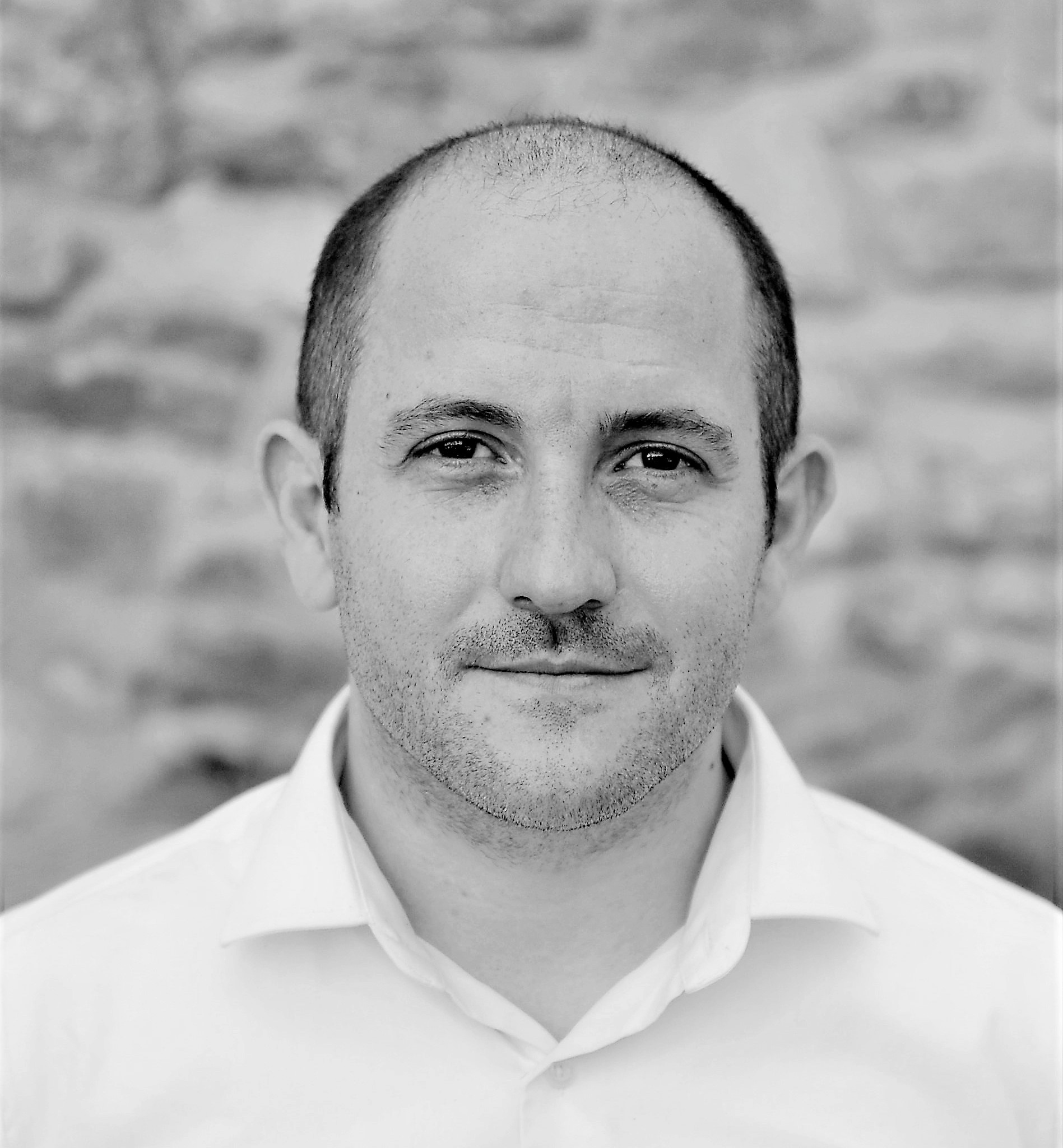
Daniel Prokop is a pre-eminent Czech sociologist, director of research at Median. He studied sociology and media at the Charles University.
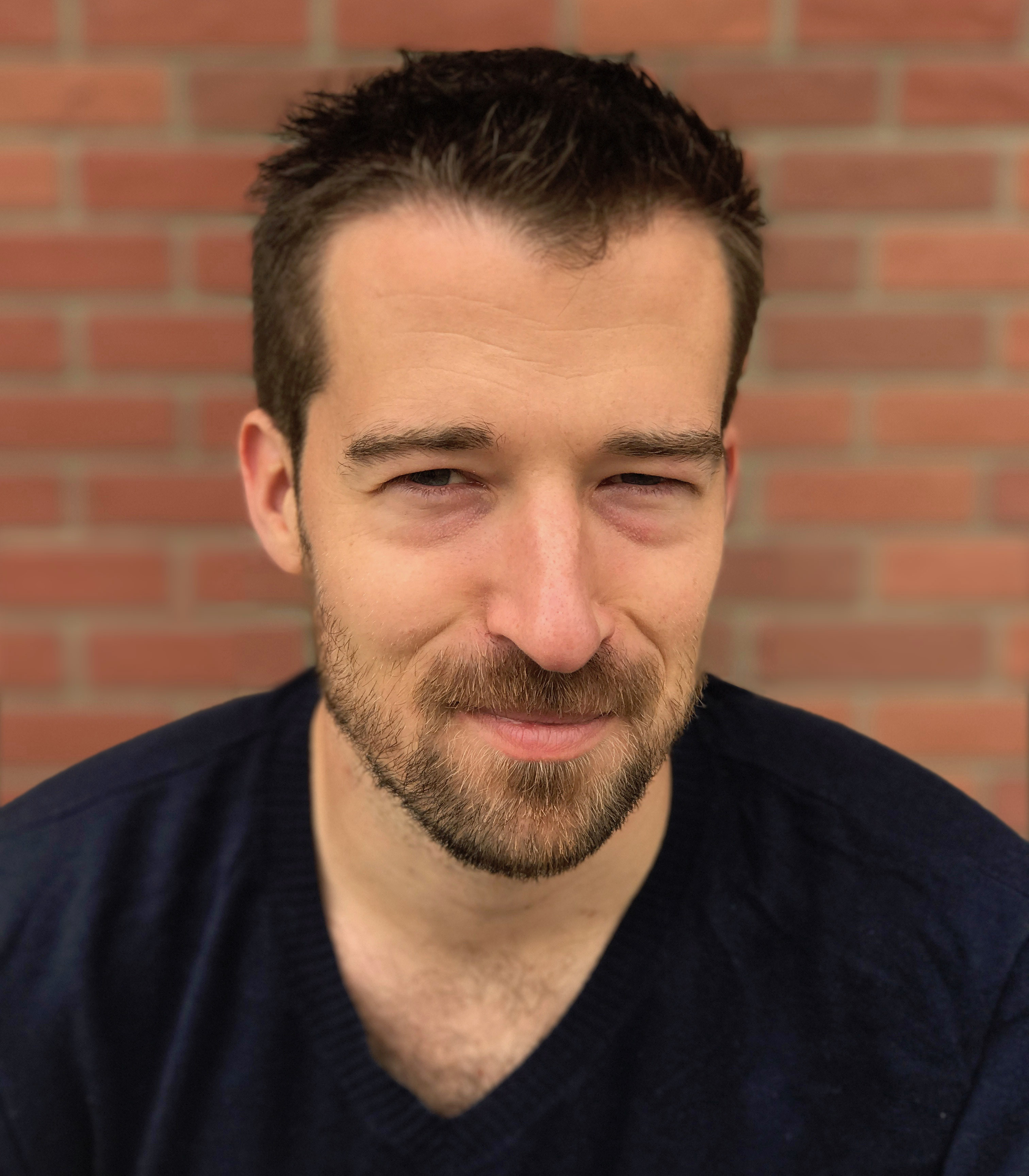
David Růžička is the acting editor of Datalyrics. He studied management, economics and philosophy of science. He lived in Africa and the Middle East.
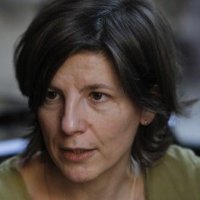
Ágota Scharle focuses on evidence-based policy-making in connection with political accountability. She co-founded the Budapest Institute after studying economics at the University of Oxford.
common questions
support us
Without your support, the demanding journalism from Datalyrics will vanish. To help us cover the cost that comes with knowledge dissemination, please use our transparent account IBAN CZ5020100000002800640419 or the Paypal button on the right. You can also access extended content by becoming a regular sponsor at Patreon. We earnestly thank you for any support.
For any queries, write to davidr@datalyrics.org.
You can also work with us!
